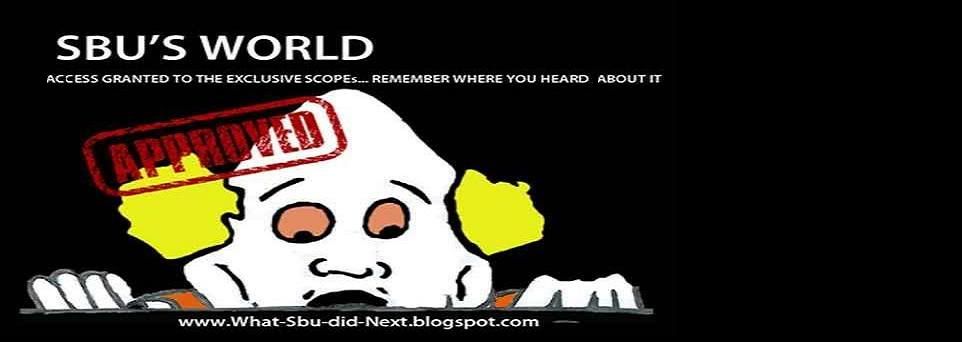The national Development plan is
a programme or a national blue pint of what kind of a country we want to live in by 2030
and what needs to be done over the years leading up to the year in order to
achieve our visions.
The plan is seen as a seen as a
blueprint for the country’s social and economic development as it focuses on
improving and creating a much better quality of life for through active
citizenry, capable state and leadership.
The Positives
The plan came at the tight time
when the country has been hit by a way of violent protest and negatives images
of public funds looting and high levels unemployment amongst the youth. It hope
on coming up with solutions that are consensus based.
The NDP plans on creating more
jobs, improve education, fixing infrastructure, breaking apartheid planning
legacy, using resources wisely, improving health care, making public services
professional and consistently good, and lastly ending corruption and reunified
nation.
In his 2013 sona, President Jacob
Zuma said the NDP which is ambitious target of creating 11-million jobs by
2030, will require teamwork to get the economy growing at a rate of more than
5% a year.
A commission headed by Trevor Manuel was set up by Zuma to take an independent and critical view of the country by looking at its post democratic strength and major challenges and then come up with a plan of action of how in a form of implementable solutions after collaborating and consulting widely. This is done in hope of making South Africa to have an economy in 2030 that is bigger, strong and better by then.
Clearly what we have achieved
since 1994 has a lot of positives but there are also some serious negatives
developing: we are not performing as an economy and society as we should. The
goals emanate from the commission’s diagnosis report that was released in 2011.
The report highlights 9 challenges facing the country as poverty, unemployment
(amongst the highest in the world); poor quality of education, the issue of
inequality. The NDP highlights these challenges as serious and requiring a long
view by the country, government, business and other stake holders.
Instead of the economy growing by
2% every year, the NDP says it should be three times the size by 2030. This
should be done in a globally competitive way and the whole county should be
involved in this vision a reality. From a business point of view if we want to
create all the jobs we want, the plan suggest we must help to “create a frame
work” that is “favorable” to business in particular small and emerging
business. The plan unpacks different elements that affect the business, from
consumer to employer.
The Negatives
On paper, the NPD can look and
sound great also when it being proposed to the public, but if there are no
plans on how the implementation will go about. The only thing included is the
qualities of people needed. The document states “The successful implementation
of this plan requires strong leadership from government, business, labour and
civil society.”
These are still some gray areas
in term so the implementation process, total cost and degenerating revenue
needed. It feel like its palliative treatment mat its best as they are
appealing public support and engagement on what looks like “a wish list.” The
plans and idea included here are not new; they are a combination of resurged
past ANC policies such as RDP, GEAR and even the New Growth Path with a little
bit of free-market literature thrown in to give it some credibility. The
difference is that they are included in one document. These policies have been
there since 1994 and they have been scraped, improved and reintroduced with new
wording changes.
Despite that this is not a
government plan and that they NDP has been drawn by an external committee
outside government, but the fact remains the plan emanated from the decision
that was take in a previous ANC conference 5 years ago. The party’s collective
barging policy is harming the nation. Unions have been given unnecessary power
that has been crippling the economy.
Although the implementation
process has not started, citizens are said to be expected to hold them
accountable. Communities are involved in decision-making and oversight but this
means nothing if the important factor (the budget) of the plan is not made
known. But how can they if not all aspects about the plan are not make know.
Is the funding
coming from tax revenues or is there going to be a specific budget allocation
or in terms of future scenarios, like Kane-Bermandoes
once asked: “is an endorsement of the NDP amounts to giving the government
"a blank cheque for more taxation and more borrowing and probably for
both?” This could be seen as a blue print for looting on a grand scale,
hopefully not another Nkandla debacle.
The NDP is map and like any map
it cannot tell you about the pot holes on the road. On the map the route looks
perfect until you drive on that road in person. A compass is needed to make
sure we are going in the right direction, our route needs to be planned to
ensure we have the resources to achieve our common goals. Budget transparency
needs to be ensured first so that we can properly plan ahead and be able to
priorities other needs.

No comments:
Post a Comment